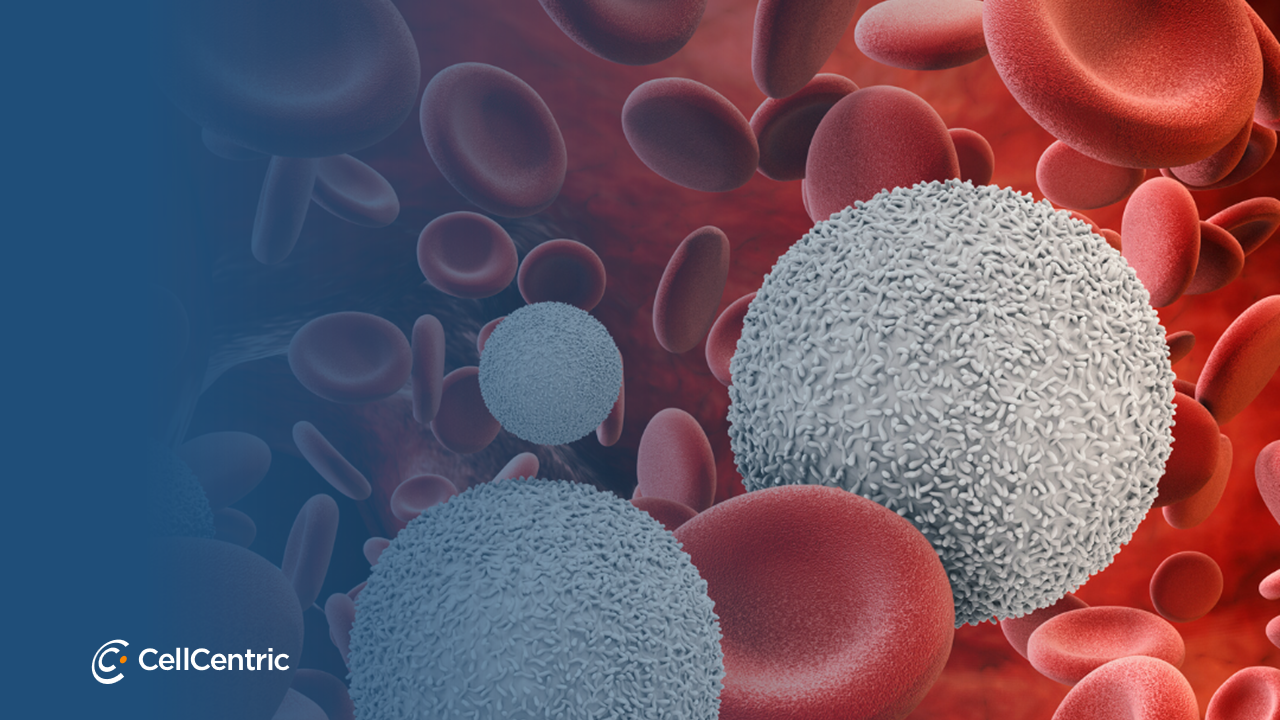- Inobrodib is an oral first-in-class drug which has shown clinical benefit in multiple cancer types
- Patients already benefiting from access to the drug as part of Phase I/IIa clinical trials
Cambridge, UK, June 29th, 2023: CellCentric, a UK-based biotechnology company, today announced that the U.S. Food and Drug Administration (FDA) has granted orphan drug designation for inobrodib (CCS1477) in the treatment of multiple myeloma.
Delivered as an oral capsule, inobrodib can be used at home without requiring intensive monitoring. It is a first-in-class drug, with a new mechanism of action. It can be taken by patients who have been unresponsive to other treatments, and in combination with existing standard of care drugs.
Orphan drug status is granted by the FDA to support the development of medicines for disorders that affect fewer than 200,000 people in the United States. Orphan drug designation benefits can include market exclusivity for up to seven years after regulatory approval, exemption of FDA application fees, and tax credits for qualified clinical trials.
CellCentric’s ongoing blood cancer trial (NCT04068597) involves patients with a range of haematological malignancies including multiple myeloma, but also non-Hodgkin lymphoma, acute myeloid leukaemia, and higher-risk myelodysplastic syndrome (MDS).
CellCentric plans to announce its expansion cohort data at the 65th ASH Annual Meeting and Exposition which will take place December 9-12, 2023, in San Diego. This will include data from a trial of inobrodib to treat multiple myeloma both as a monotherapy and in combination with pomalidomide and dexamethasone.
“Orphan drug designation for inobrodib is an important milestone in our journey to develop an additional therapeutic option for patients with multiple myeloma,” says Tomasz Knurowski, CellCentric’s Chief Medical Officer. “We look forward to providing an update on our clinical data by the end of the year, which will help inform the next stage of development of inobrodib.”
About inobrodib
Inobrodib works by binding to a specific part of proteins p300 and CBP (bromodomain). It is highly selective and does not impact similar pockets on other proteins. Through this action inobrodib reduces the expression of key cancer drivers: IRF4, MYC, and the androgen receptor (AR and its variants).
It is a new type of treatment for people with cancer. As an oral capsule, it is easier for patients and can be taken at home without the need for intensive monitoring. As it has a good safety profile for a drug in this setting, it can also be used by those who are unable to tolerate other treatments, including the elderly and frail. This potentially represents a significant benefit over existing treatment options as it enables a wider range of patients to be treated, including those who want to be treated closer to home.
About CellCentric
CellCentric is an innovative UK-based biotechnology company with offices in Cambridge and Manchester. The company was spun out from the University of Cambridge, by pioneering developmental biologist Professor Azim Surani FRS, CBE, who wanted to further explore the potential of epigenetics to deliver new treatments. From its origins, CellCentric built a network of research and evaluation relationships with over 25 leading academic research groups worldwide.
CellCentric’s research evolved to focus on twin acetyl transferase proteins, p300 and CBP, that act as transcription co-activation factors, and that drive the expression of genes important in cancer progression. CellCentric has investigated over 50 epigenetic-related targets as new ways to treat disease, and specifically cancer. The company actively pursued multiple drug discovery programmes before focusing on p300/CBP inhibition and inobrodib.
From research to drug development, the growth of CellCentric reflects its ability to harness academic and research ecosystems to deliver real world treatments for patients.




